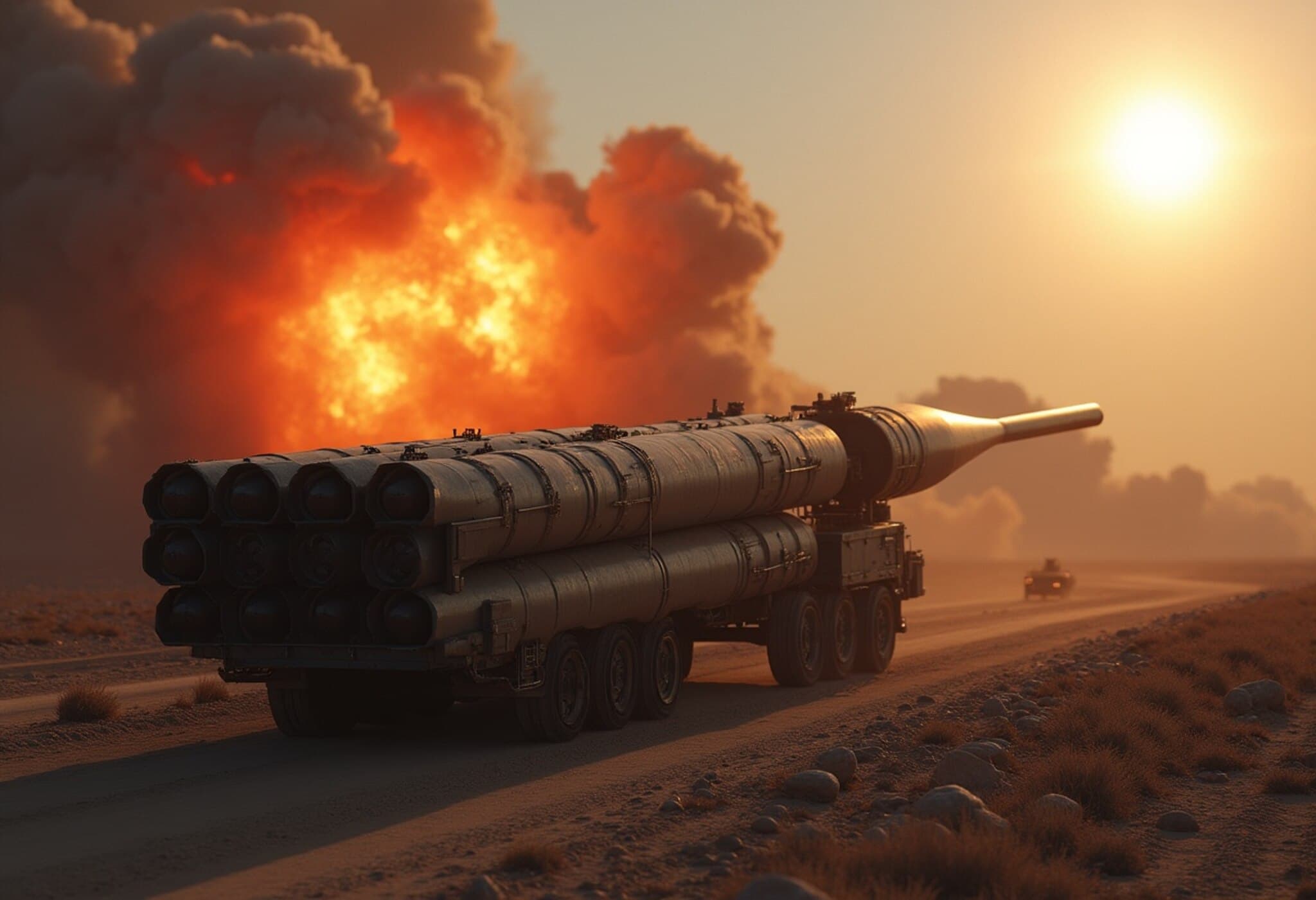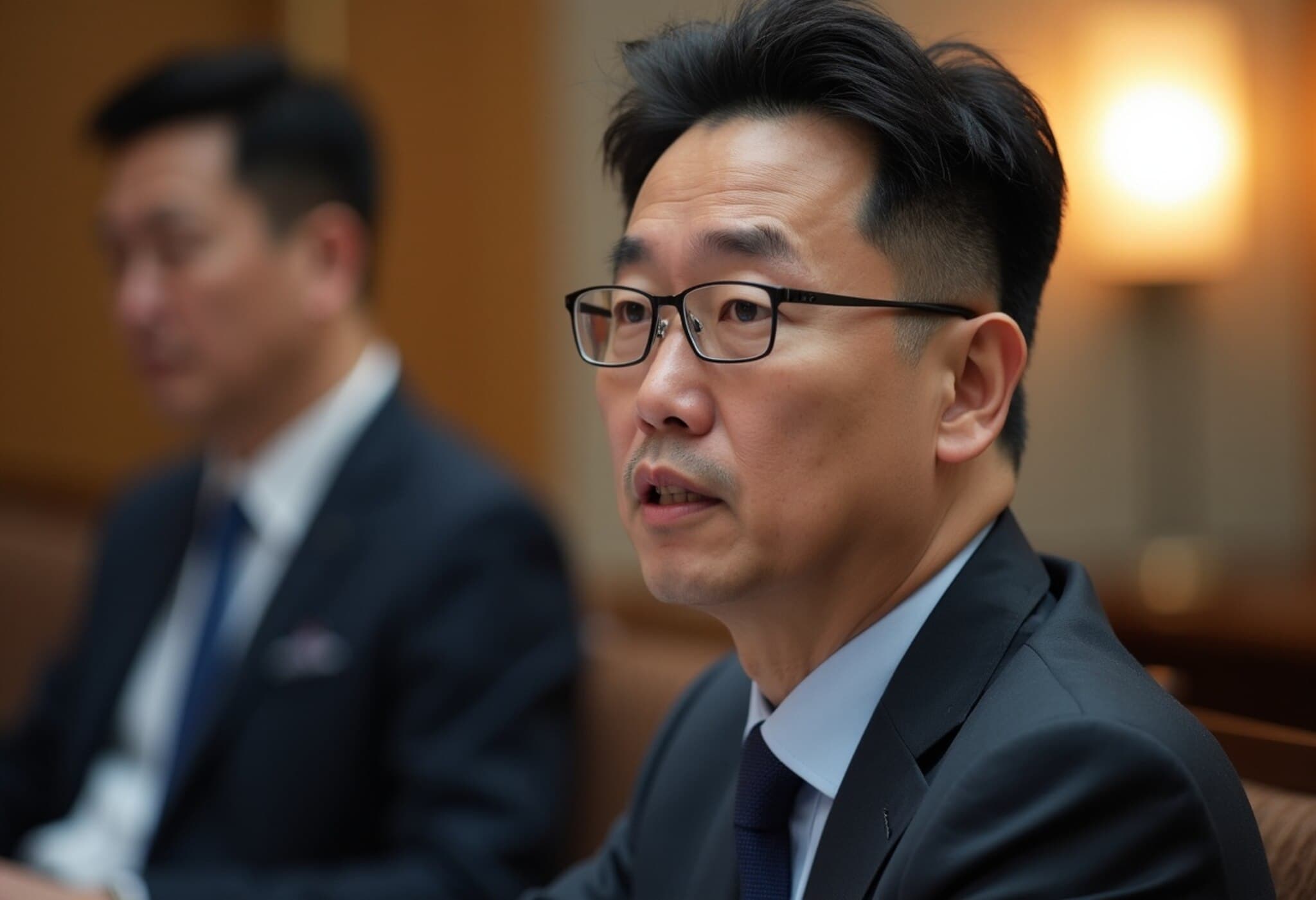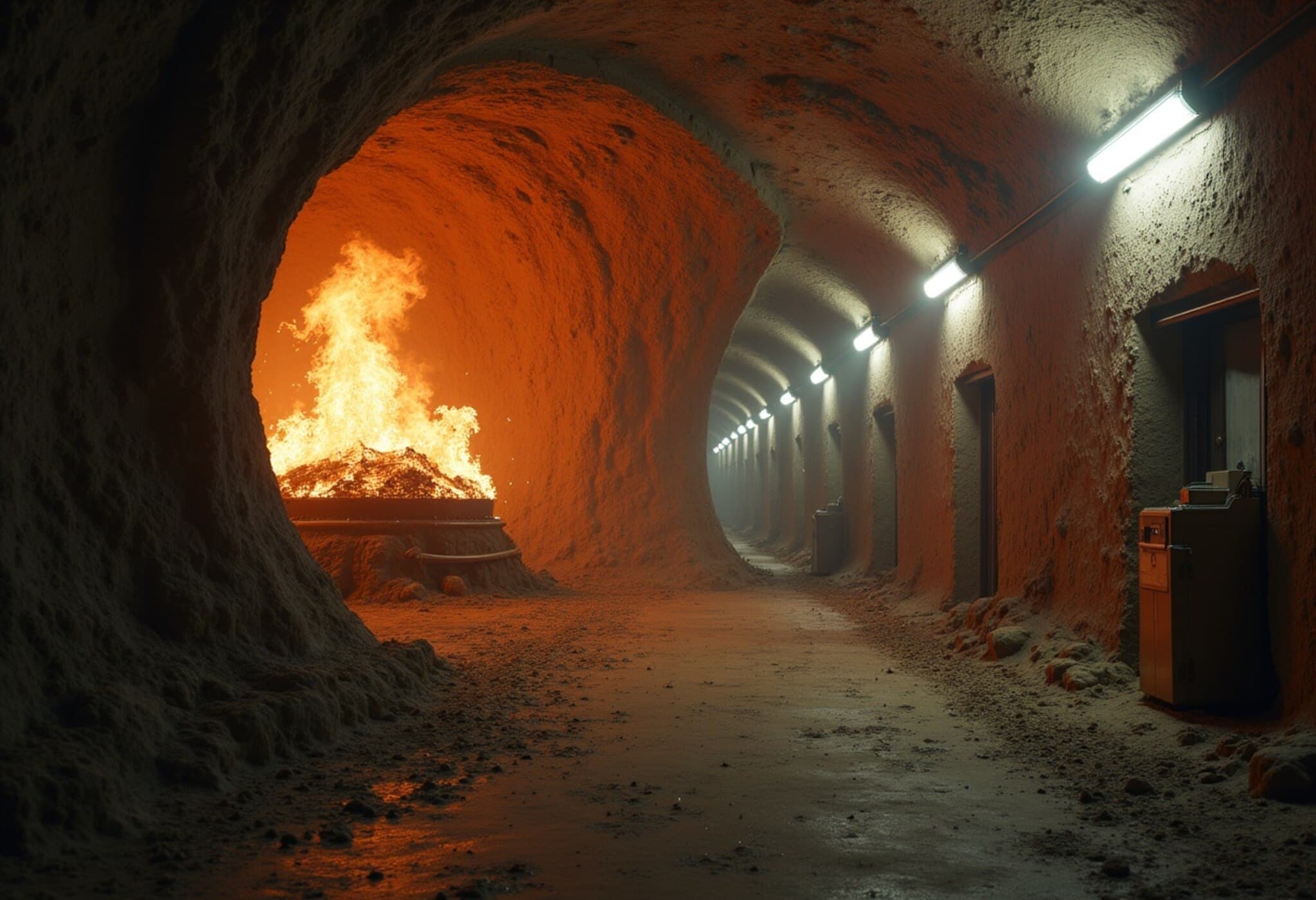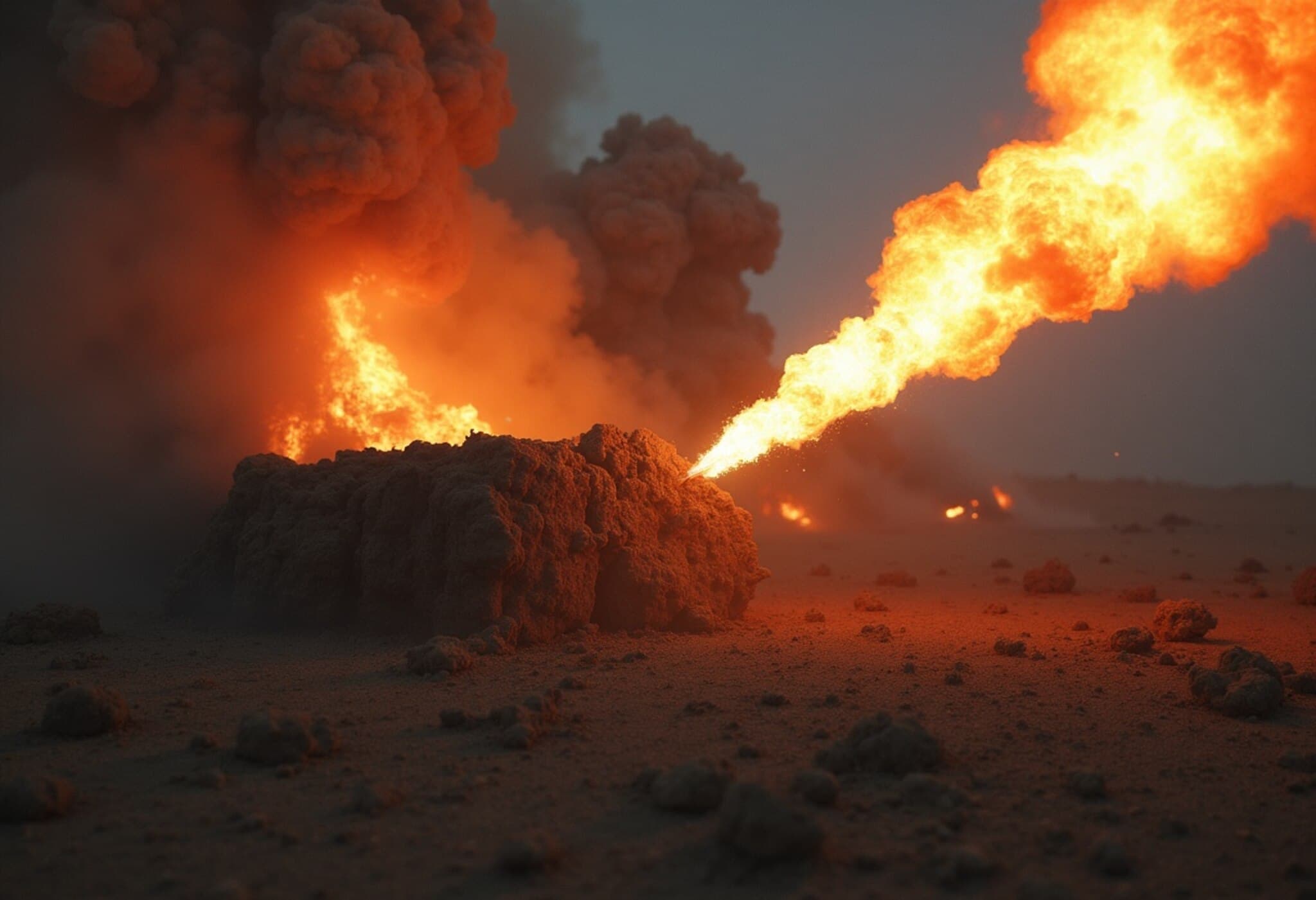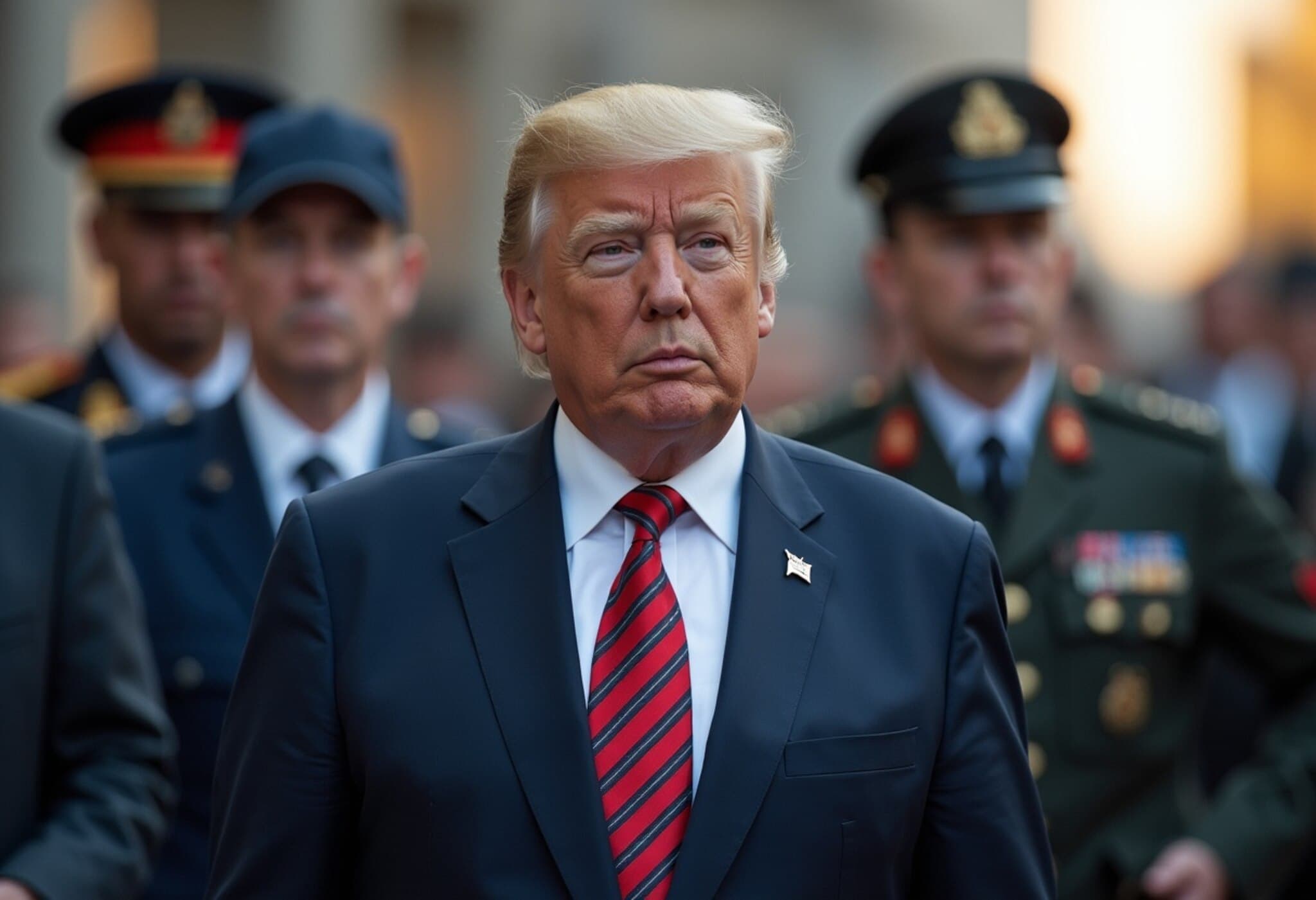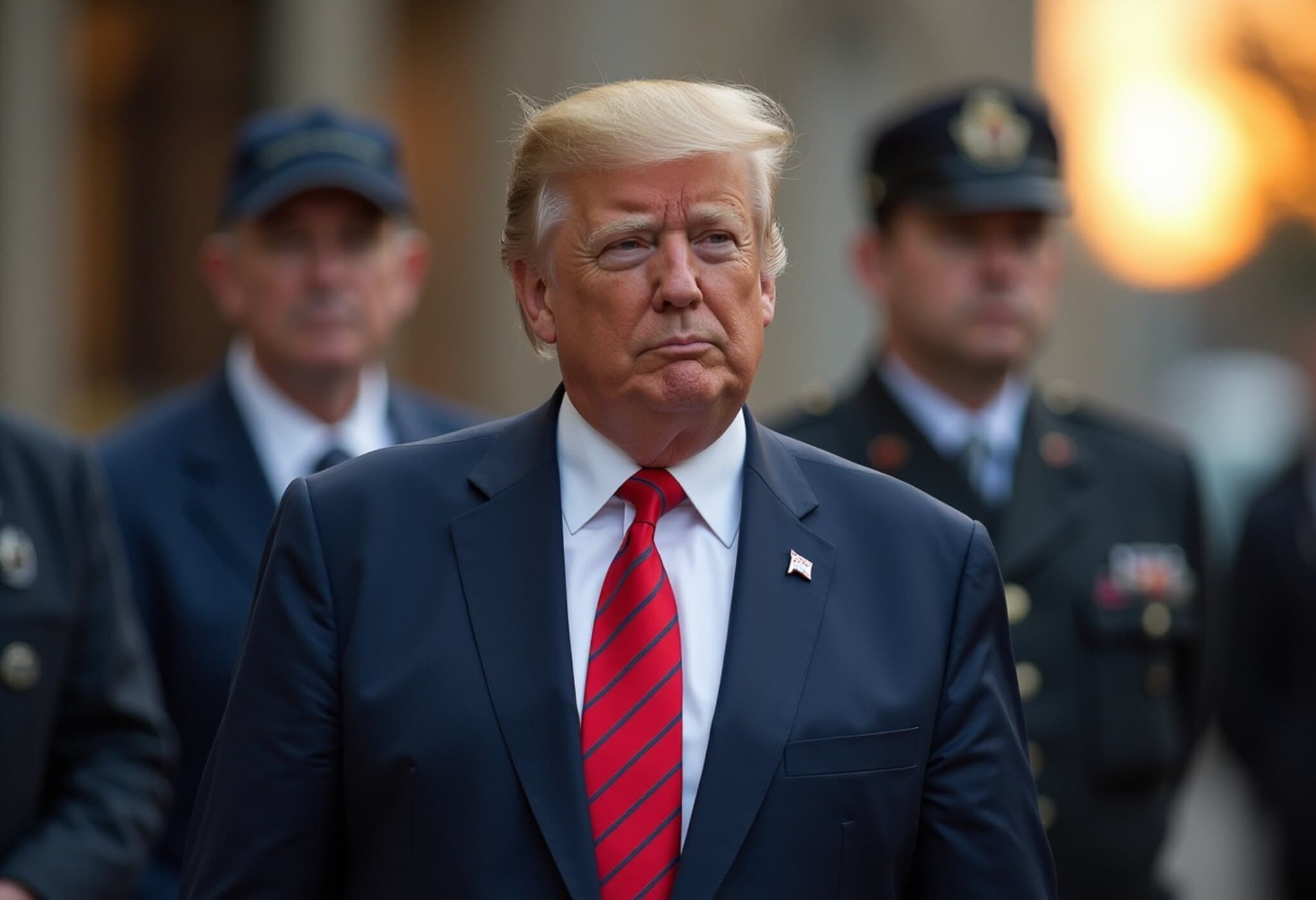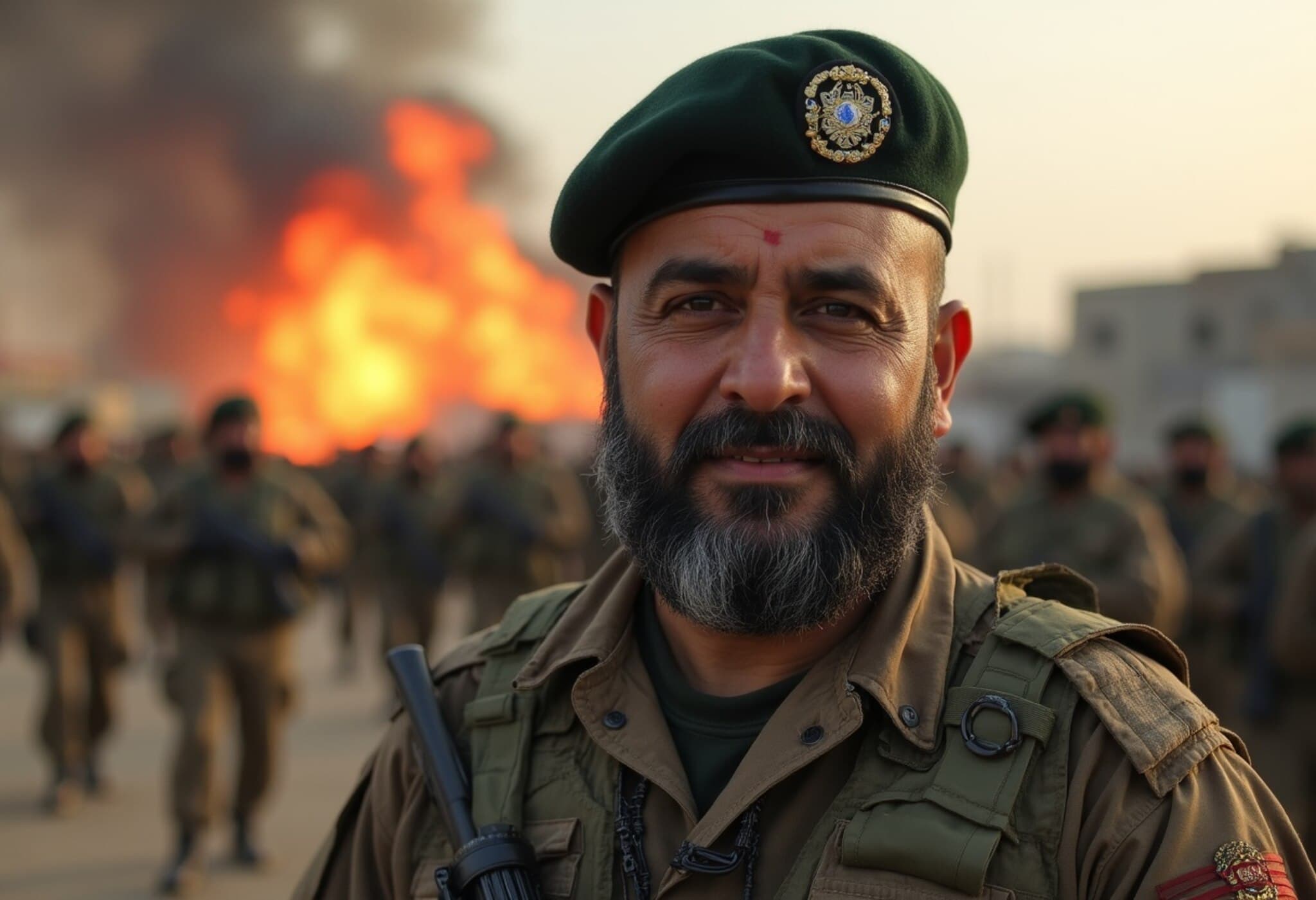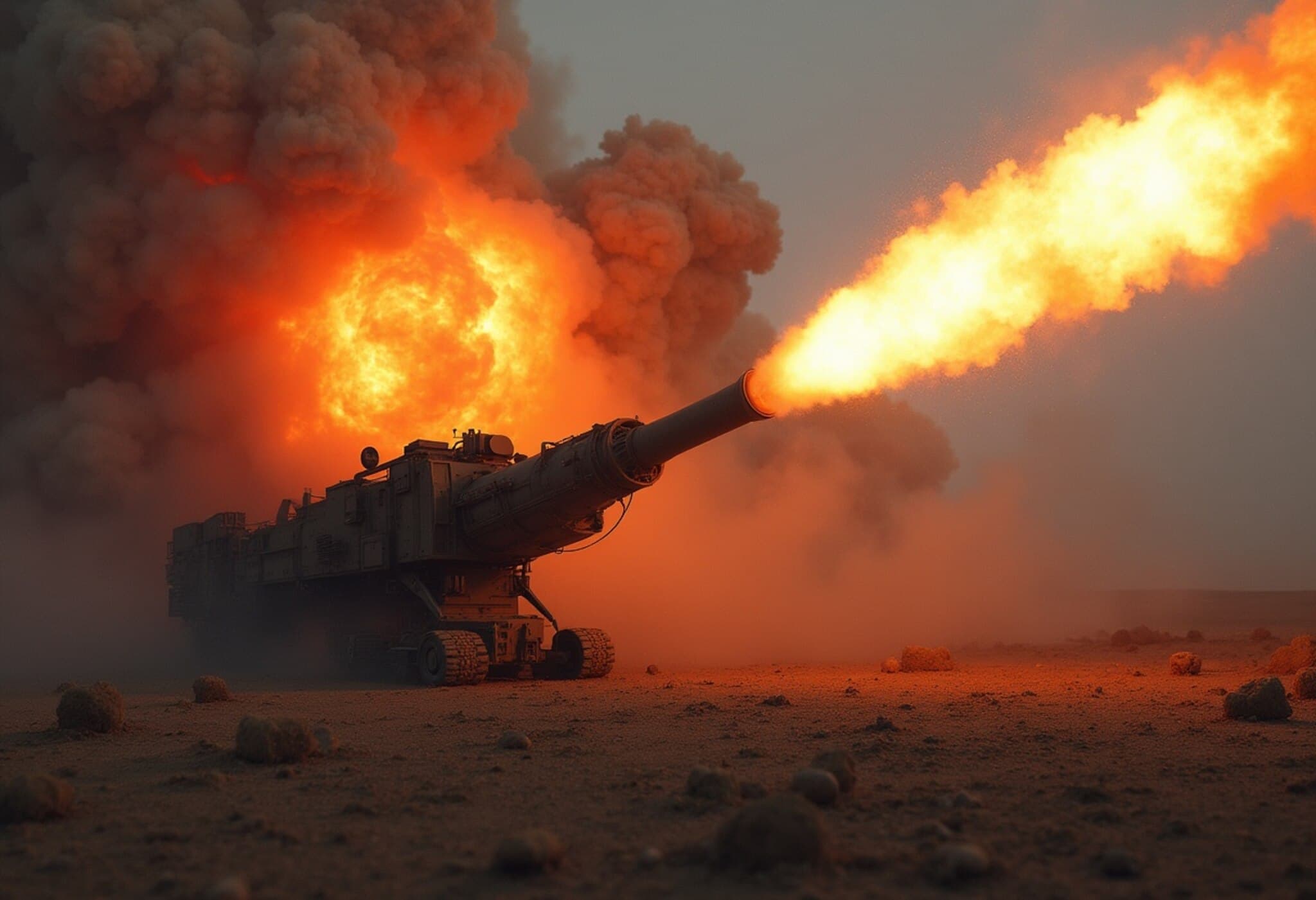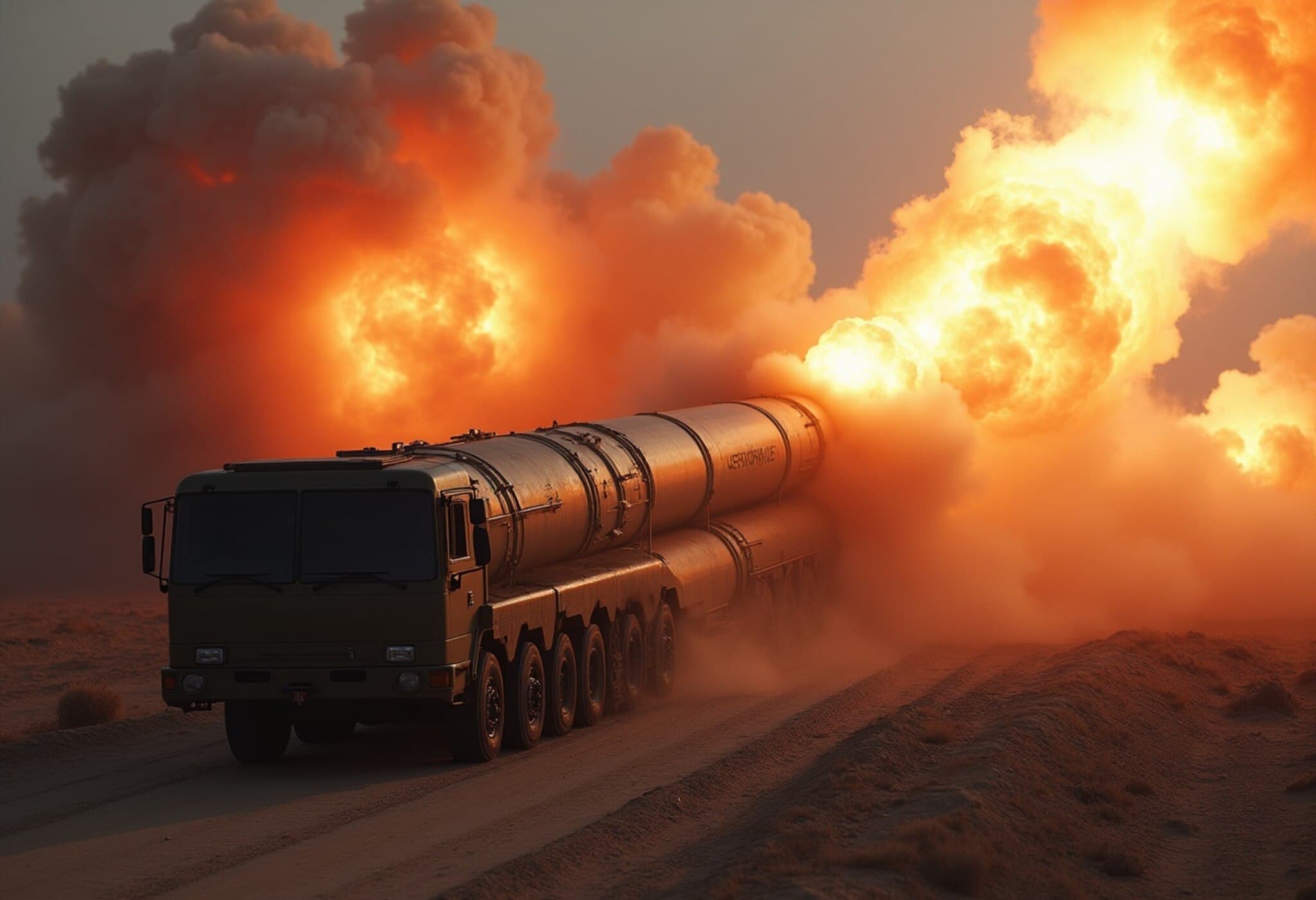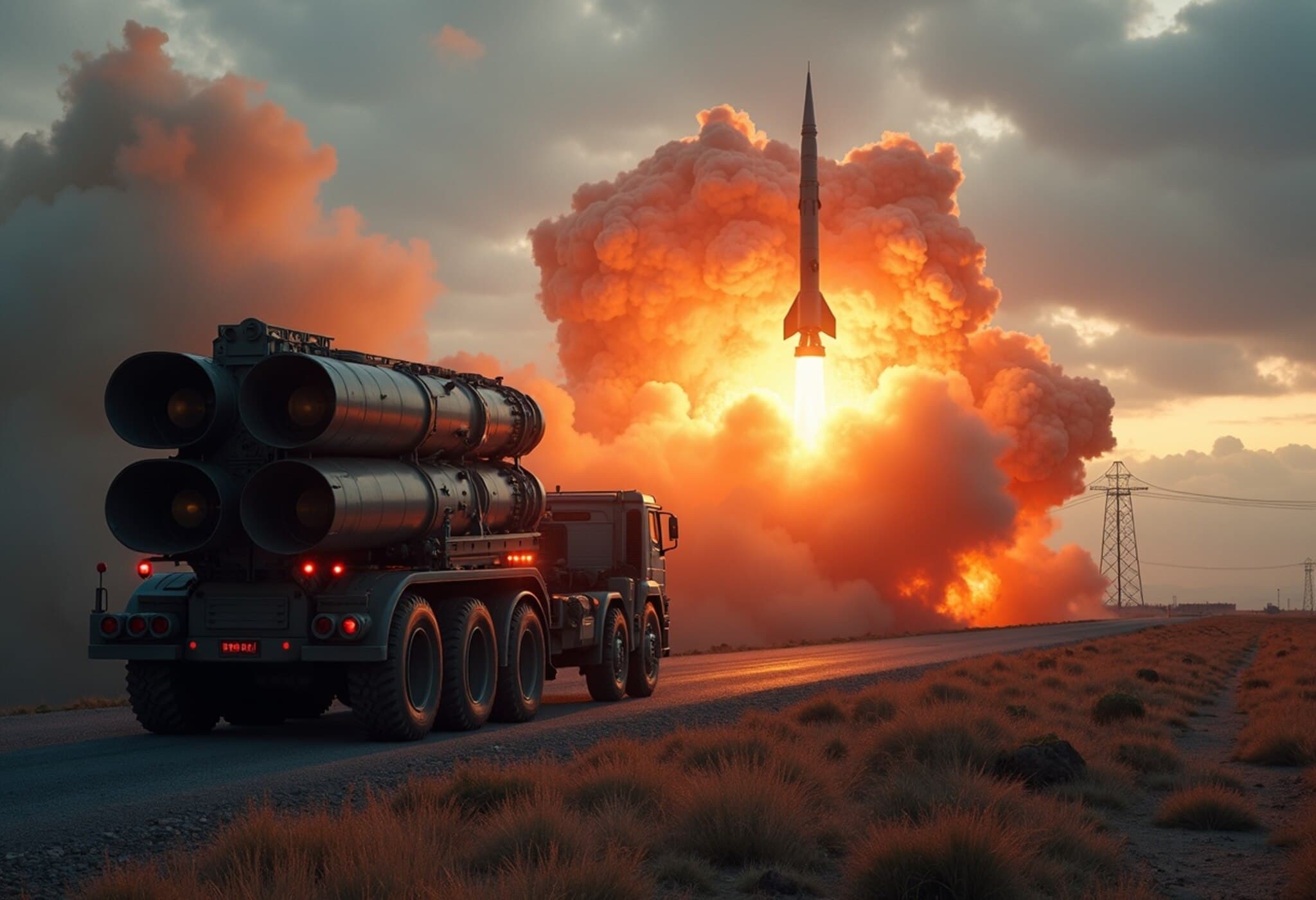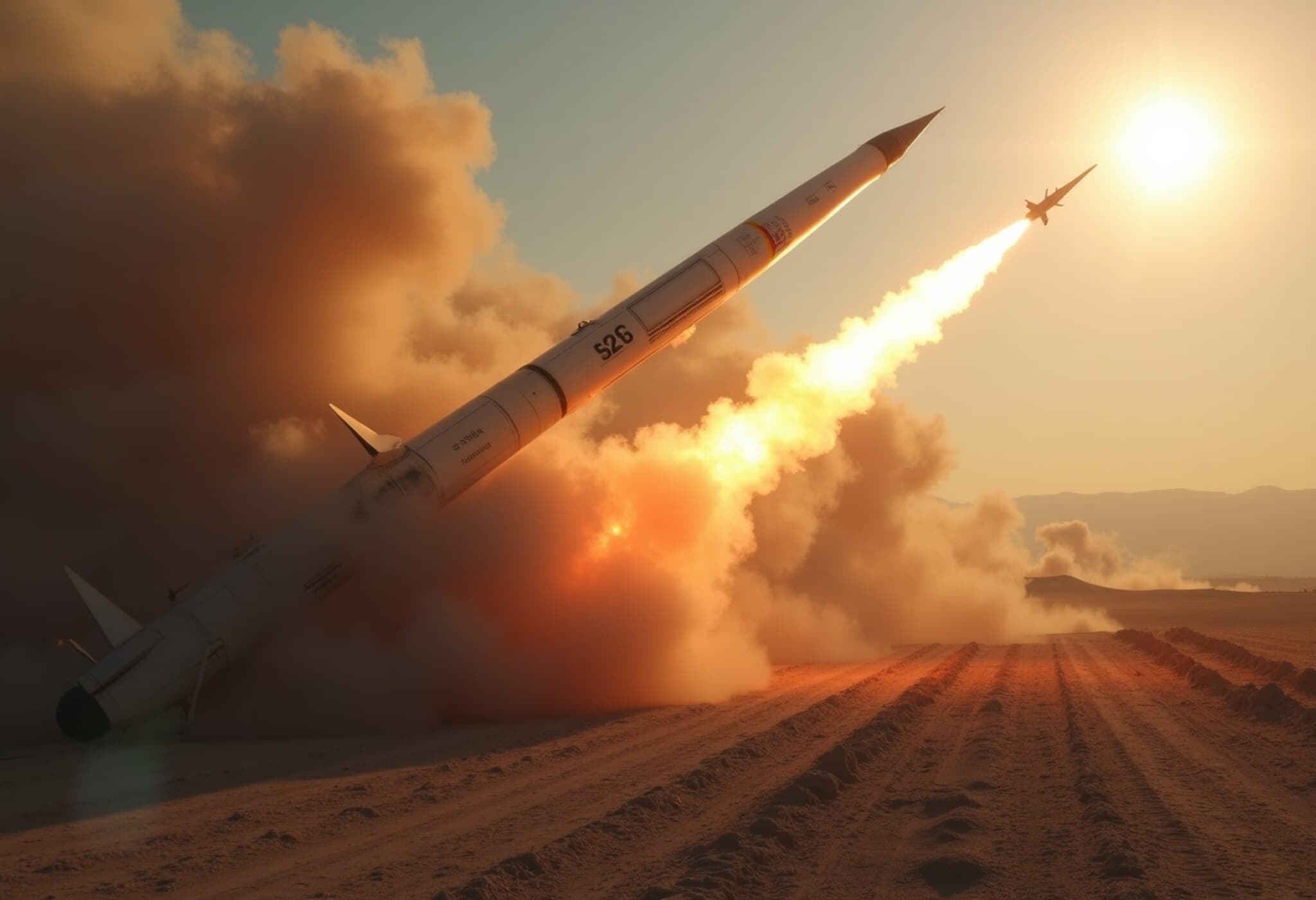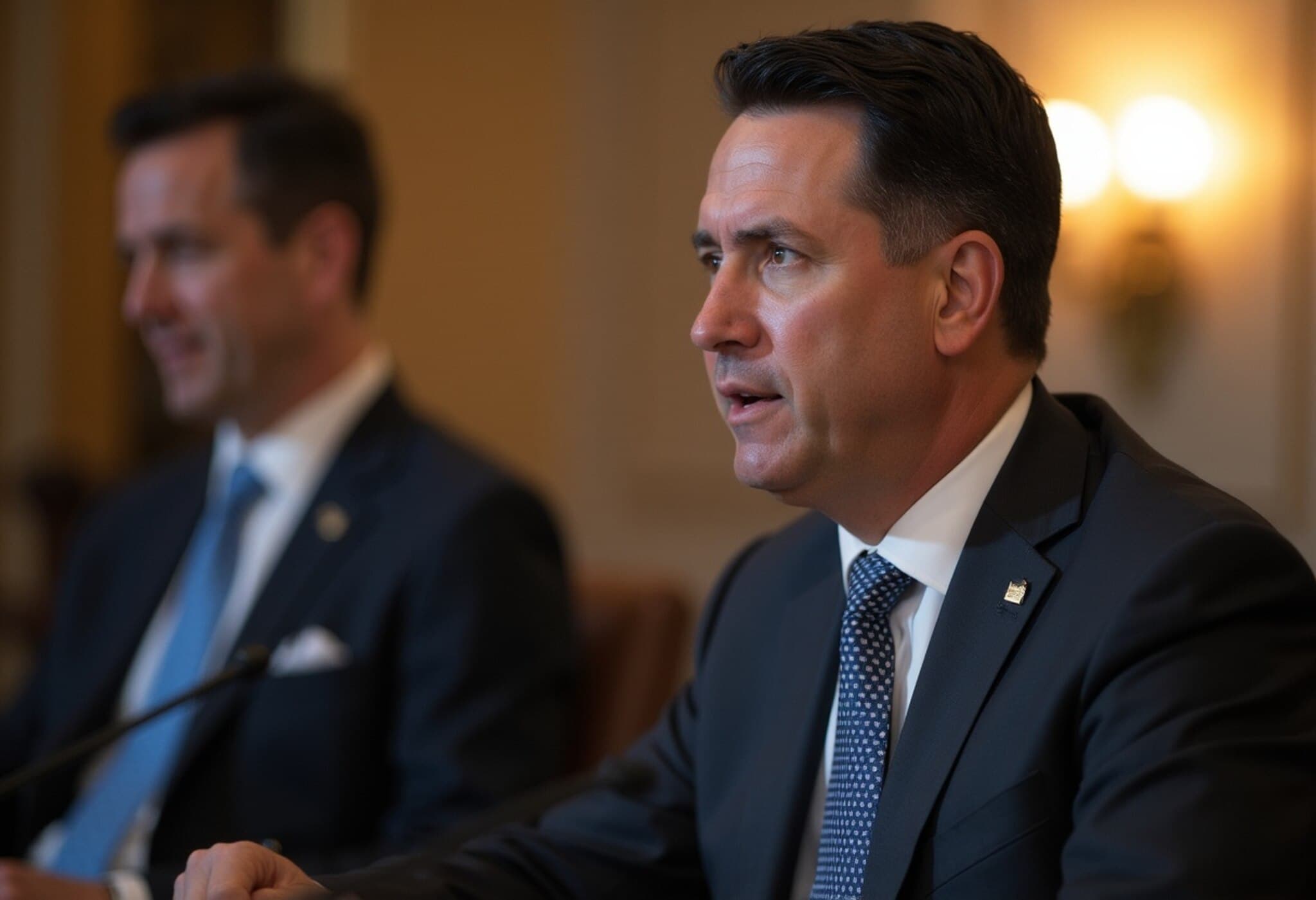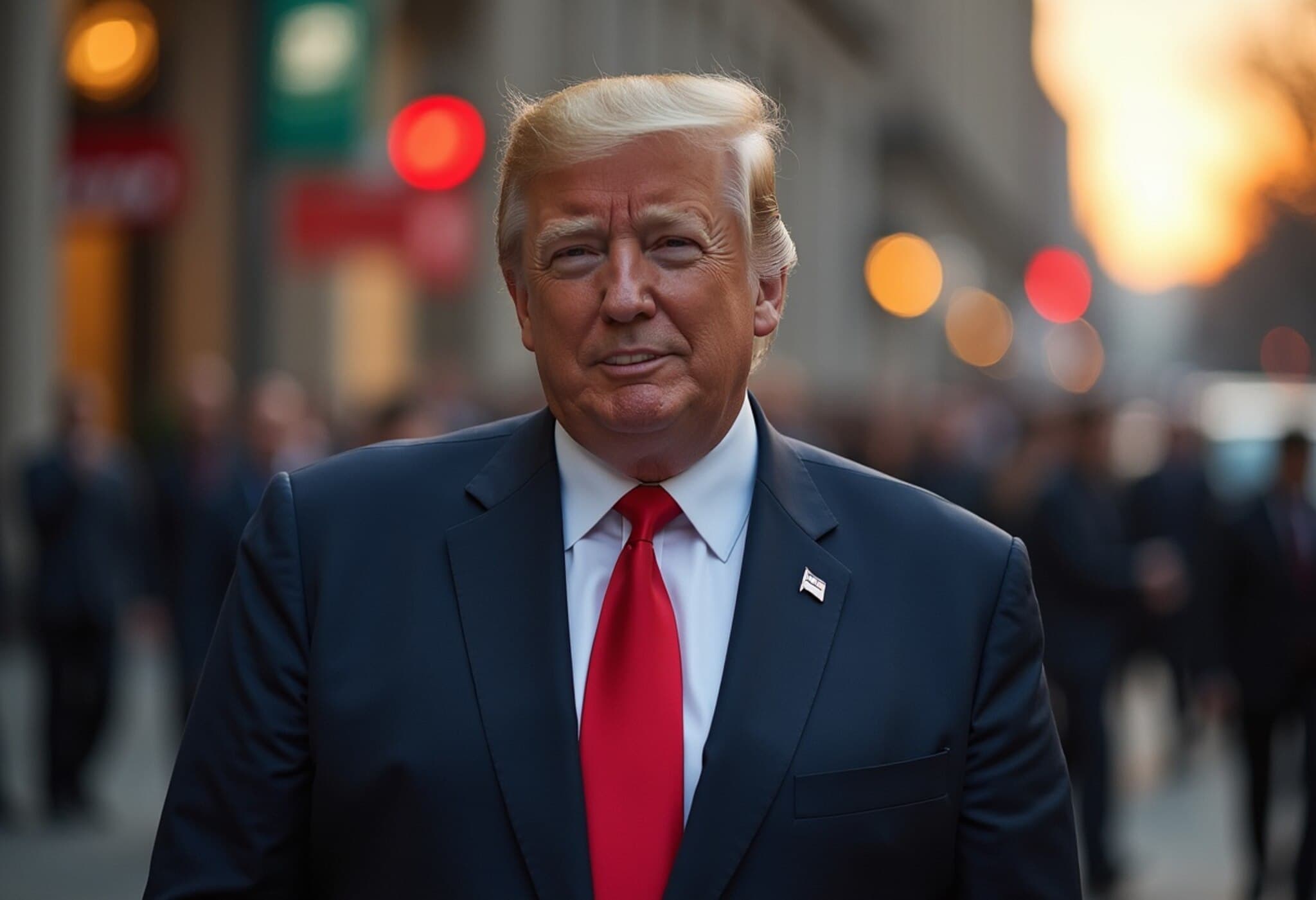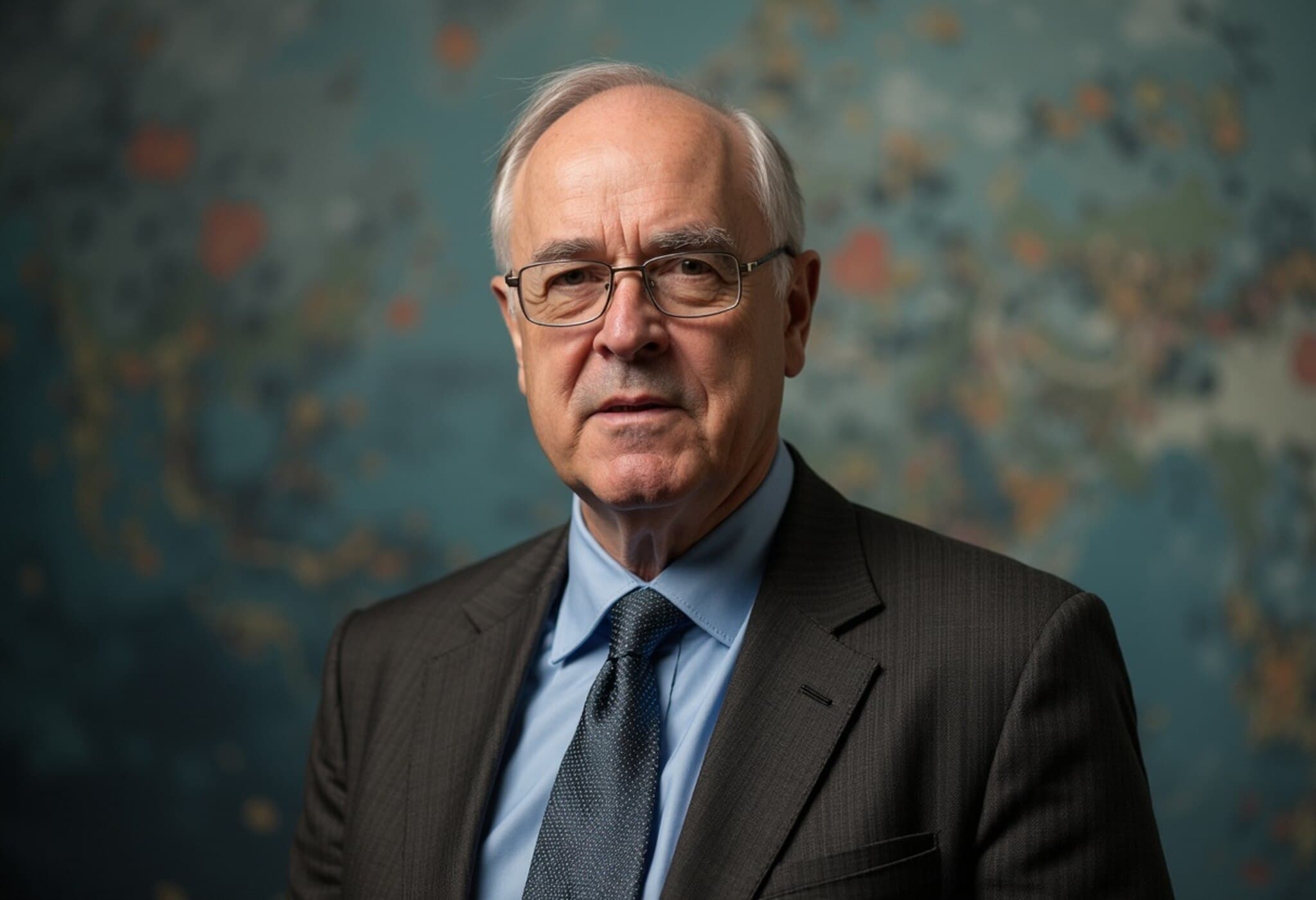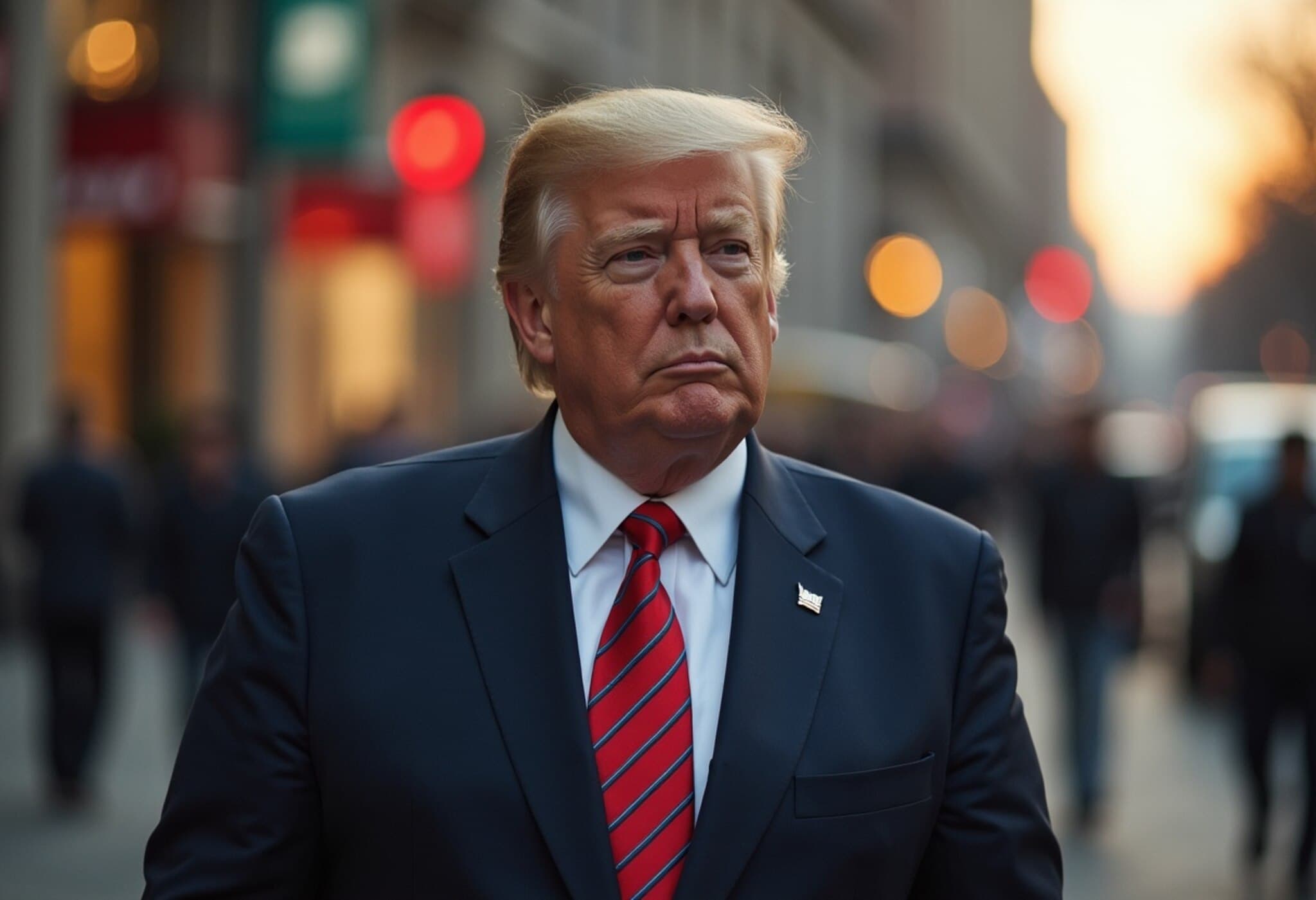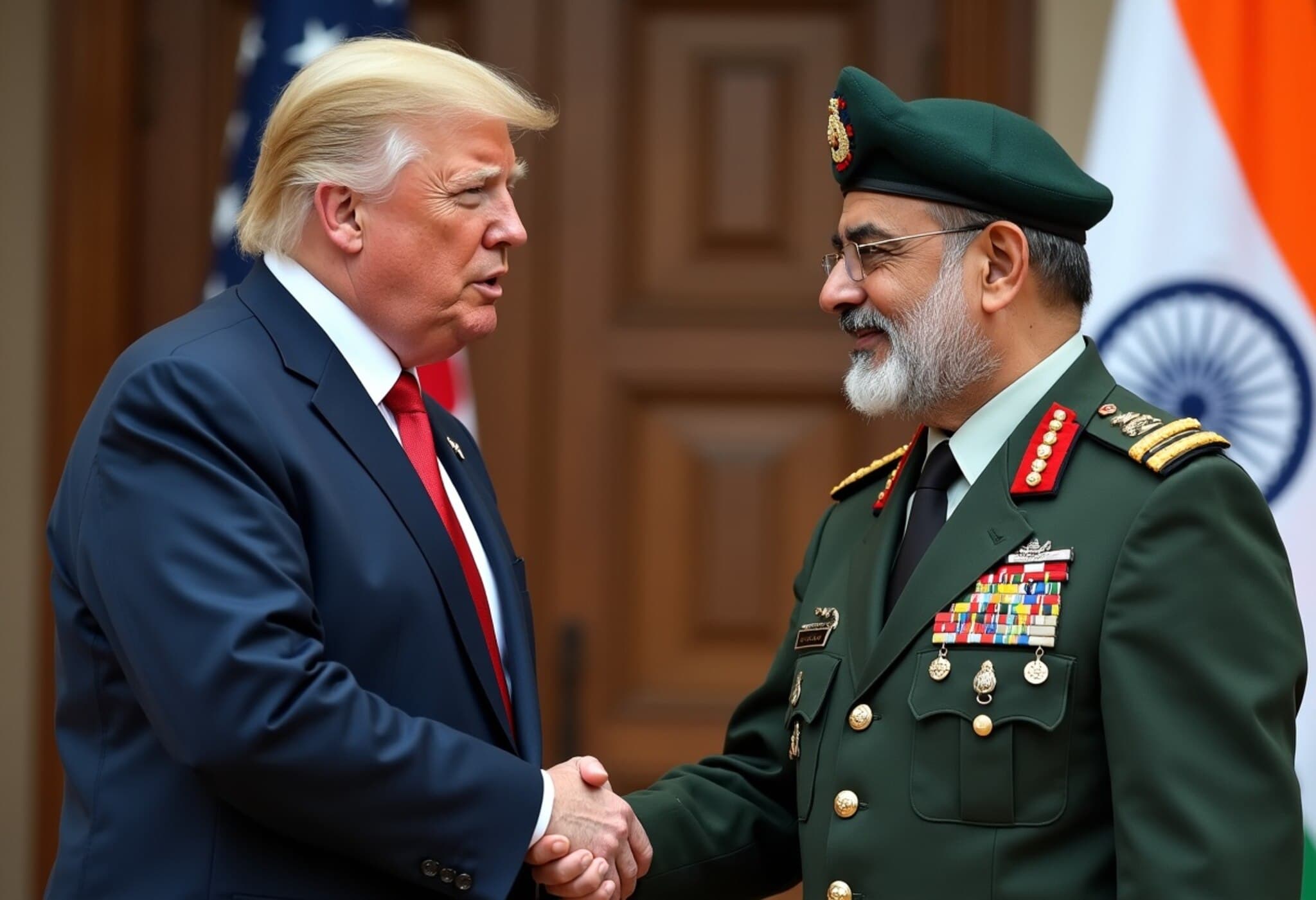Understanding the Global Nuclear Landscape
As geopolitical tensions escalate, the nuclear arsenals of key global players are once again under scrutiny. Currently, nine countries either possess or are widely believed to possess nuclear weapons, shaping the dynamics of international security.
The Established Nuclear Powers
The five original nuclear-armed states—the United States, Russia, China, France, and the United Kingdom—are all signatories to the Nuclear Nonproliferation Treaty (NPT). This treaty aims to prevent the spread of nuclear weapons and encourages nuclear disarmament efforts, creating a framework for global nuclear governance.
Nuclear States Outside the NPT
Some countries have developed nuclear arsenals without joining the NPT. India and Pakistan, both non-signatories, have steadily expanded their nuclear capabilities since conducting tests in 1974 and 1998 for India, and shortly after for Pakistan. Israel, also outside the NPT, has maintained a policy of ambiguity, never officially confirming its possession of nuclear weapons, though it is widely regarded as a nuclear-armed state.
North Korea’s Defiant Stance
North Korea, having joined the NPT in 1985, declared its withdrawal in 2003 citing external pressures. Since then, it has conducted multiple nuclear tests, further intensifying regional and global tensions.
Iran’s Nuclear Program: Progress and Concerns
Iran has consistently asserted that its nuclear activities serve peaceful purposes. However, recent years have seen Tehran enrich uranium to approximately 60% purity, edging closer to weapons-grade levels of around 90%. While intelligence assessments suggest Iran is not actively pursuing nuclear weapons at present, this uranium enrichment level raises alarms over potential weaponization.
Current Nuclear Warhead Stockpiles
The Stockholm International Peace Research Institute (SIPRI) recently released data estimating nuclear warhead stockpiles as of January:
- Russia: 4,309 warheads
- United States: 3,700 warheads
- China: 600 warheads
- France: 290 warheads
- United Kingdom: 225 warheads
- India: 180 warheads
- Pakistan: 170 warheads
- Israel: 90 warheads (estimated)
- North Korea: 50 warheads (estimated)
Implications for Global Security
The concentration and distribution of nuclear weapons fuel complex geopolitical tensions. The subtle interplay between declared capabilities and strategic ambiguity, particularly in the cases of Israel and Iran, underscores the challenges in diplomatic efforts to curb nuclear proliferation. As nations navigate this precarious landscape, the international community remains watchful of developments that could reshape global security paradigms.



